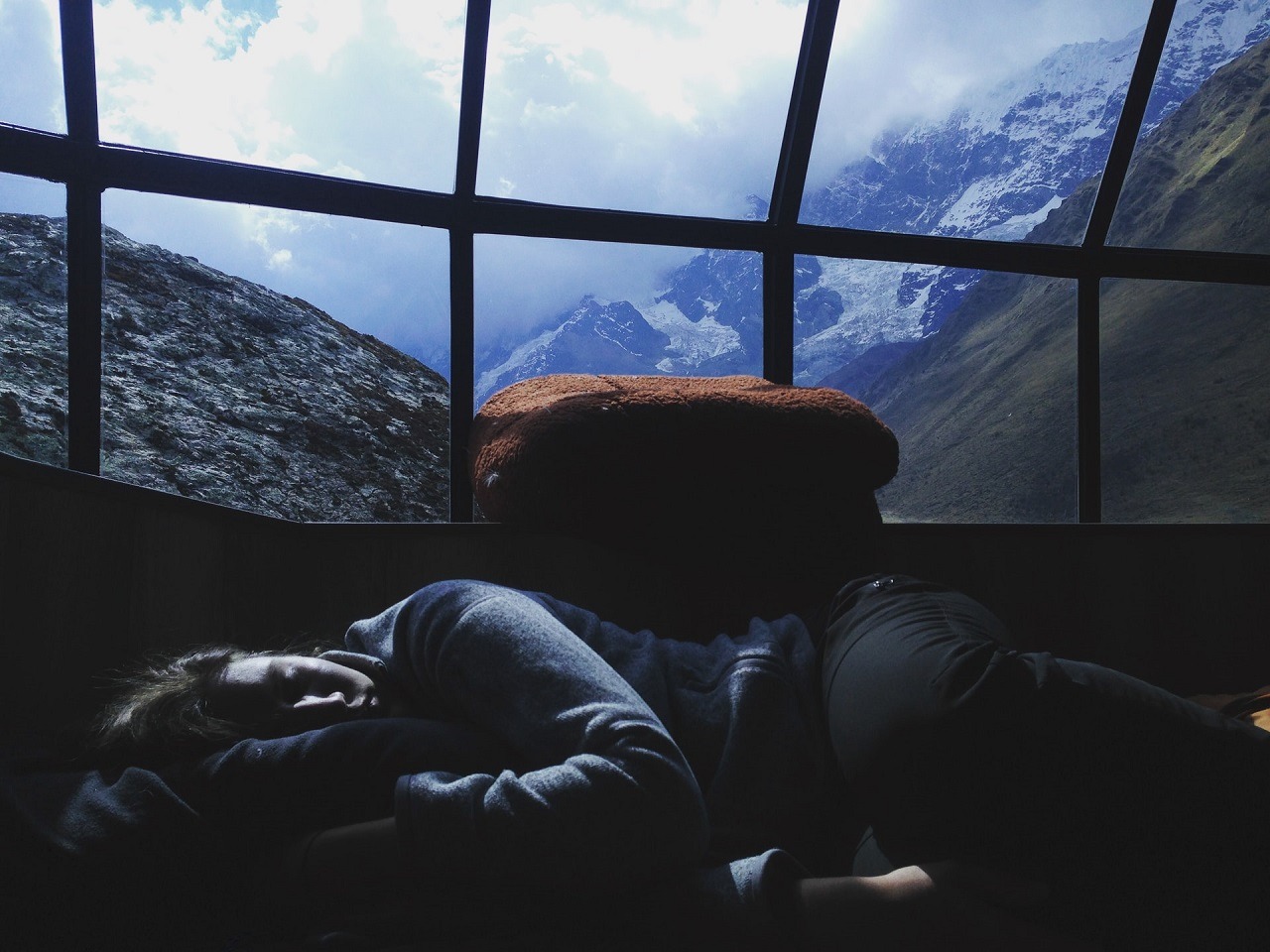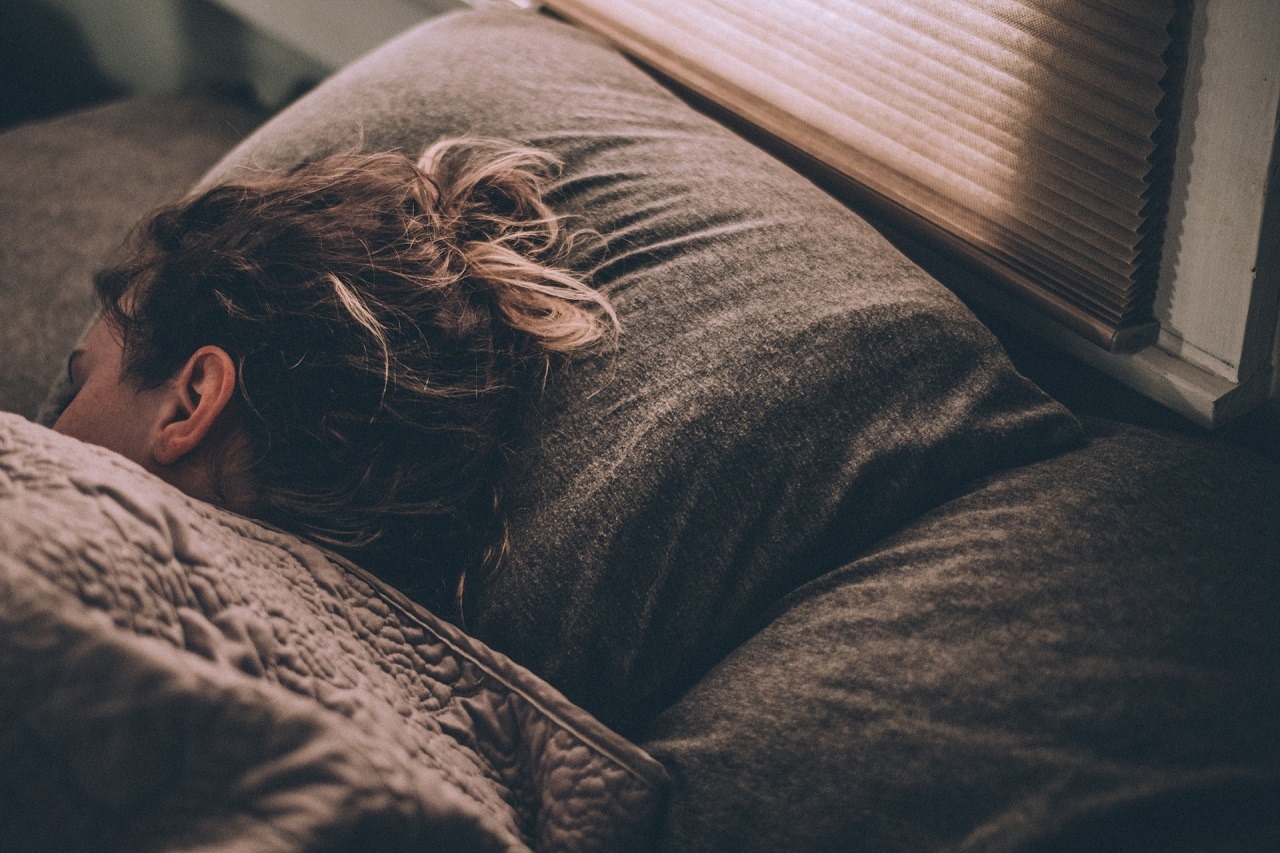When was the last time you had a good night’s rest and woke up feeling refreshed and energized? Before you say this morning, we mean without reaching for your daily caffeine fix. Yes, people! That’s what it means to wake up feeling rested.
Believe it or not, there are people out there who function without drinking coffee every morning to power up. A good night’s sleep is all you need to get you through the day.
In this rise-and-grind era that we live in, being able to function on a few hours of sleep is glorified, as though it somehow translates to being more productive. This, however, couldn’t be further from the truth.
What many fail to realize is just how important sleep is for sustaining good health and promoting longevity. In this article, we uncover 9 lifestyle and diet tricks for biohacking sleep and insomnia. Some of them might surprise you.
1. Biohacking Sleep 101 – Monitor Your Sleep Patterns
Biohacking is the process of implementing long-term changes to your lifestyle to improve your overall health and wellbeing. Before you can start making changes to biohack sleep, you first need to figure out what’s wrong with it in the first place.
Start by getting a smartwatch and install apps that can monitor your sleeping patterns. This monitors how long the different stages of your sleep cycles last based on cues like your heart rate. They can even pick up external noises that could be interfering with your slumber.
If you’re serious about it, consider going to a sleep laboratory to get a sleep study done on you. The doctors there will be able to diagnose any underlying conditions you may have like insomnia, sleep apnea, or restless leg syndrome. This will get you more accurate results.
2. Turn Your Room Into a Cave

There’s a reason why animals hibernate in cool dark caves. That’s how nature intended it to be. As great as it might be to be nice and toasty in bed, it may not be ideal if a good night’s rest is what you’re after. If you get too warm in the middle of the night, it’s bound to disrupt your sleep and wake you.
The magic number is 18°C. That’s how cool your room should be for optimal sleep since your body temperature drops during slumber to help you stay asleep. You can do this by lowering the thermostat or cracking a window open to let in the cool night air.
Keep your room dark as well. A sliver of light through your bedroom blinds can disrupt your sleep. It’s always a good idea to get blackout blinds or curtains to keep your room cave-like, particularly during summer.
3. Ditch the Screens
If scrolling social media on your phone or watching your favorite show on Netflix is how you lull yourself to sleep, it has the opposite effect. TVs, laptops, tablets, and smartphones emit blue light, which interferes with your body’s internal clock (circadian rhythm), especially at night.
When darkness sets in at night, your body begins to produce melatonin, a hormone that tells your body it’s time to sleep. Blue light suppresses its production, so you need to stay away from screens at least 1-2 hours before you hit the sheets. Read a good-old-fashioned book instead.
4. Revamp Your Diet

What you eat could be interfering with the z’s you’re getting. Avoid drinking caffeinated drinks at least 6-8 hours before you have to sleep. That afternoon cup of coffee will certainly keep you up at night.
You also want to avoid simple carbs like pasta and white bread. Stay away from sugary treats too, like chocolate, as these will give you an unnecessary burst of energy, which is the last thing you need when you’re trying to wind down. Alcohol is also not ideal as it blocks REM sleep.
Some of the foods you should eat instead include bananas, wholegrain cereals, almonds, spinach, fish, oats, and chickpeas. These are naturally high in melatonin.
5. Incorporate Meditation Into Your Daily Routine
Studies show that people who practice mindful meditation have lower incidences of insomnia, fatigue, depression, and sleep disturbances. Mindful meditation is a breathing technique that helps to slow your heart rate and clear your mind. There are several online resources you can use to learn the skill.
Doing it for around 20 minutes a day will have tremendous effects on sleep quality.
6. Sweat It Out
Engaging in just 20-30 minutes of moderate-intensity exercise every day can help you fall asleep quicker and stay asleep for longer. It is a scientifically-proven technique for biohacking sleep and insomnia.
Keep in mind that exercising too close to your bedtime could prevent you from falling asleep. Work out in the morning or early afternoon to give your body time to wind down by the time you’re ready to hit the sheets.

7. Biohack Your Circadian Rhythm
The circadian rhythm is your body’s internal clock. It’s the body’s natural way of telling you when to wake up and when to sleep. It explains why you feel most alert and awake during the morning hours and sleepy in the evening as the sun goes down, and darkness begins to set in.
One way to keep your circadian rhythm in check is to sleep and wake up at the same time every day. Also, try to get some direct sunlight during the daytime hours. This resets your clock. With time, your body adapts to waking up and falling asleep at a specific time. You won’t even need an alarm to get up in the morning anymore.
8. Take Care of Your Gut
The state of your gut microbes could potentially be interfering with the quality of sleep you’re getting since they play a critical role in hormone regulation. Incorporate more fiber into your diet and eat more fermented foods. Your gut bacteria love those.
9. Genetic Testing
Sometimes, your sleeping patterns have less to do with your actions and more to do with your genes. A 2015 study revealed that insomnia could be an inherited trait.
If you suffer from any sleep disorder even after implementing the tips detailed in this guide so far, it might be a good idea to get a DNA test done. That way, you’ll know if you’re genetically predisposed to a particular condition.
Natural Solutions to Your Slumber Issues
There you have it – 9 proven tips for biohacking sleep. While there isn’t a single approach to fixing all sleep-related issues, we recommend implementing the changes outlined in this guide to help you sleep better at night.
It might be as simple as banishing tech from the bedroom or even switching your workouts to morning. You won’t know unless you try.
In the meantime, if you’re on the keto diet and are always feeling exhausted, check out our blog to find out the top 3 reasons why.
